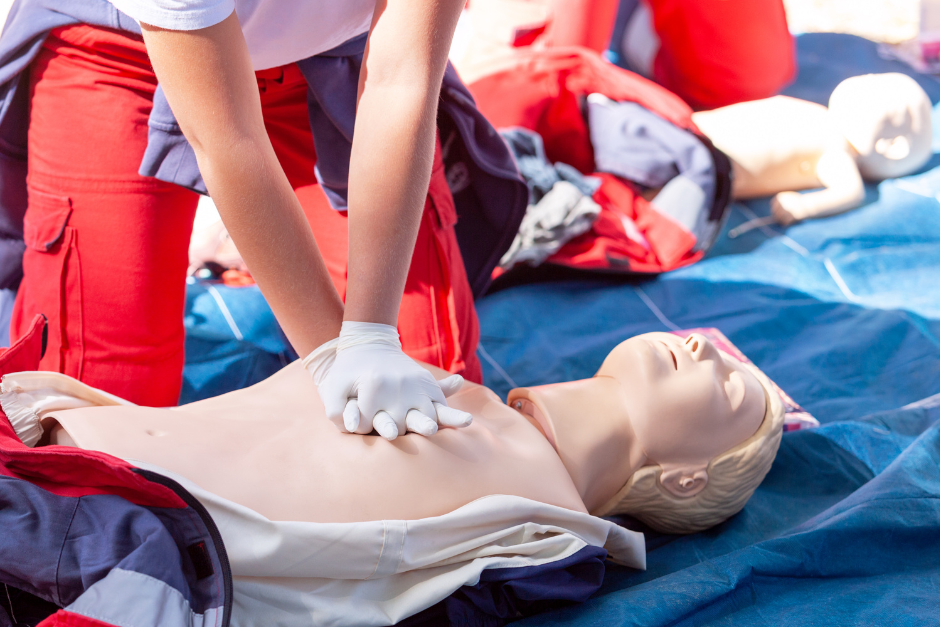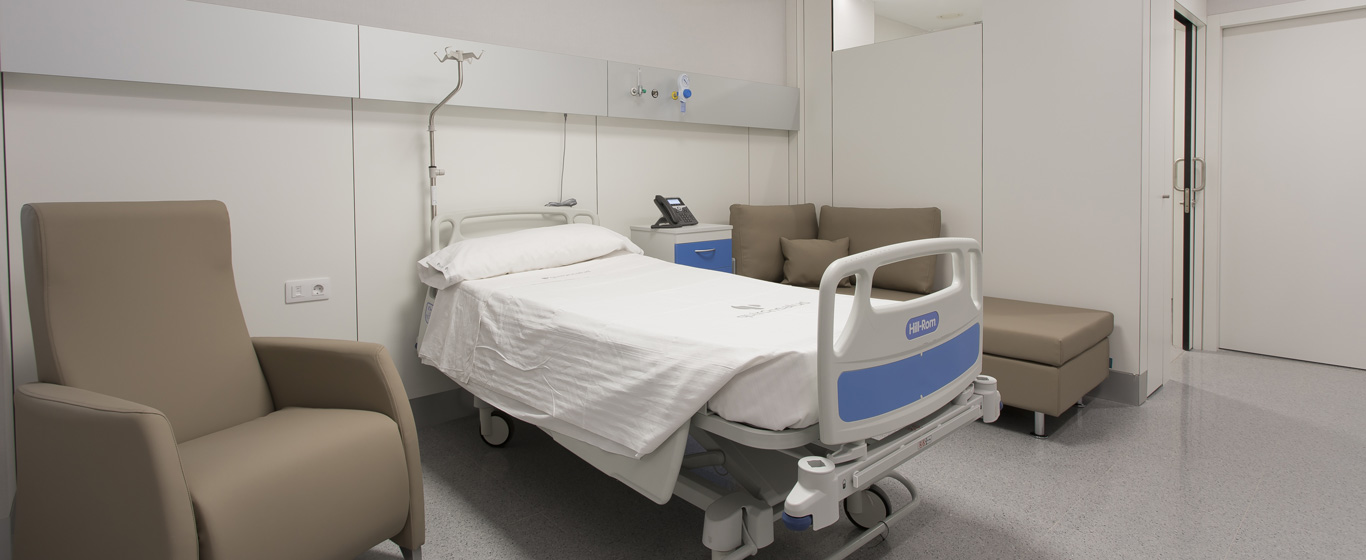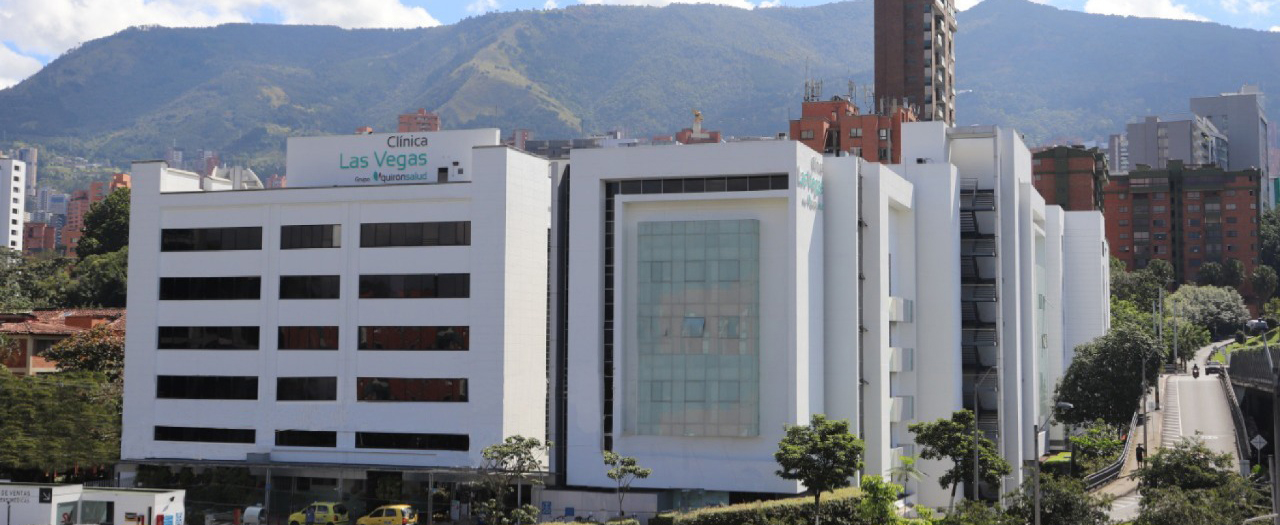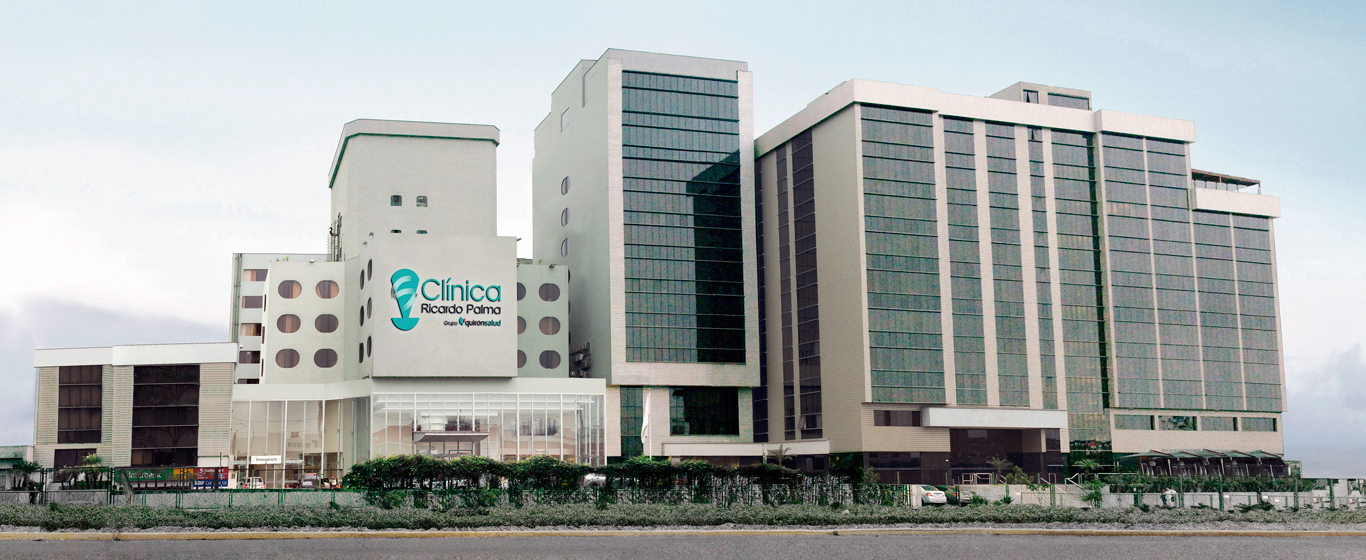ER
Find out everything you need to know about the ER and the doctors responsible for this service. We talk to you about the most common medical emergencies and the techniques and procedures most frequently used to treat them. Go to your nearest ER service at one of our hospitals.
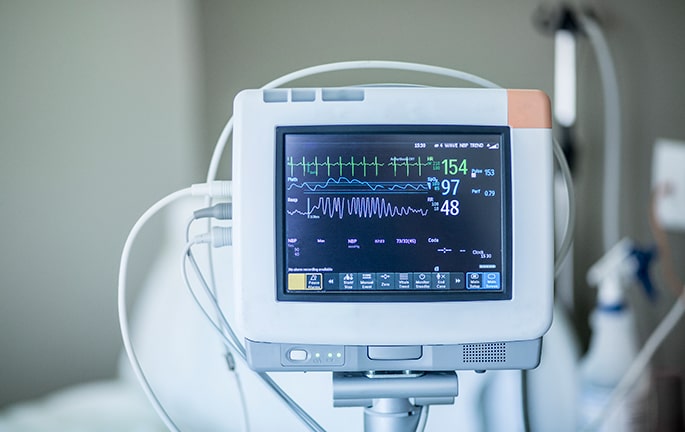
What is the ER service?
The ER service is staffed by doctors who specialise in the care of patients who need a quick diagnosis and immediate treatment. Coordination between specialists and clear protocols enable emergencies to be dealt with efficiently.
At Quirón Salud we consider the triage unit to be essential for providing suitable care, as it establishes the order of priority according to the severity of the case, which does not always coincide with the order of arrival or the patient’s own perceived sense of urgency. After a rapid assessment of the symptoms and condition of the patients, they are classified into five groups:
- Absolute priority: care with no waiting time.
- High priority: life-threatening emergency or very severe pain.
- Moderate priority: urgent but stable, with potential risk to life.
- Low priority: minor emergency with no risk.
- Very low priority: not an emergency.
Scope of application of the ER
The scope of action of ER doctors is very broad, as patients with pathologies of all kinds are treated 24 hours a day, every day of the year. Doctors work in a collaborative way in order to offer a quality service. Therefore, ER doctors assess the symptoms, make a diagnosis, and establish the most suitable treatment. In the event that the diagnosed illness requires assessment or care at that time by another speciality, whether medical or surgical, ER doctors request the collaboration of other specialists who are experts in a specific field.
Therefore, medical emergencies are treated in the first instance by ER doctors, who then request the collaboration of the corresponding specialist depending on the case and the specific approach required. There are situations in which the initial assessment is made directly by the corresponding specialist, such as paediatric, gynaecological and ophthalmological emergencies.
Which patients is it for?
At our ER service we treat patients who need immediate or emergency care because they are in a life-threatening situation. We also deal with people with serious conditions that require rapid treatment.
Techniques, procedures and diagnostic methods
Our ER specialists are experts in the application of precision techniques to treat patients with serious conditions. In addition, diagnostic tests require immediate, rigorous results, which is why state-of-the-art devices are used. Some of the most common procedures in the ER service include:
- Electrocardiogram (ECG): test to record the electrical activity of the heart and detect arrhythmias or myocardial infarctions.
- Bladder catheterisation: procedure in which urine is drained from the body by inserting a catheter through the urethra.
- Otoscopy: visual examination of the ear canal and eardrum with the aid of an otoscope, which is a rigid device with a beam of light.
- Lumbar puncture: test in which a fine needle is inserted into the spinal column to take a sample of cerebrospinal fluid for diagnostic purposes.
- Cardiopulmonary resuscitation (CPR): emergency manoeuvre to ensure that patients in cardiorespiratory arrest receive the necessary oxygen in their vital organs. This manoeuvre involves rhythmic chest compressions at the tip of the sternum.
Diseases and symptoms
Main pathologies and diseases
The diseases most often treated in the ER include:
- Pneumonia
- Stroke
- Appendicitis
- Arrhythmias
- Atrial or ventricular fibrillation
- Heart failure
- Burns
- Heart attacks
- Sinus bradycardia
- Head trauma
- Epileptic seizures
- Open fractures
Related symptoms
Patients who are treated more urgently often present one or more of these symptoms and conditions:
- Distended abdomen
- Chest pains
- Anaphylaxes
- Fainting and loss of consciousness
- Asphyxia, choking sensation or difficulty breathing
- Convulsions
- Whiplash
- Unconsciousness
- Hypertensive crisis
- Amputations
- Cardiac arrest
- Poisoning
- Heavy bleeding
About care in the ER
We solve any doubts you may have before you see the specialist
Care in the ER does not follow fixed guidelines, as specialists will proceed depending on the characteristics of each particular case. In very serious cases, doctors will carry out the necessary tests or treatments immediately after a quick examination or analysis of the symptoms. When the situation permits and there is more time available, the doctor will talk to the patient, take their medical history and assess the symptoms before proceeding with treatment.
What should you keep in mind?
It is important to be clear about when to go to the ER to avoid misunderstandings, long waiting times and overcrowding of hospitals.
It is vital to go to the ER to receive immediate care for loss of consciousness, severe chest pains, symptoms of stroke, road traffic accidents, high fever in children under 12 months, anaphylaxis, head contusions, difficulty breathing or severe burns. However, you can wait to make an appointment at your local healthcare clinic for minor pain, fever lasting several days or controlled chronic illnesses.
What should I take?
Whenever possible, we recommend that you go to the ER with someone who can explain the symptoms calmly and handle any paperwork required.
You may receive a questionnaire a few minutes before your assessment asking about your medical history, usual medication and other specific questions that will allow us to anticipate certain aspects of your consultation, helping us expedite your treatment and offer you a more personalised care. To do this, we recommend that you download the free Quirónsalud Patient Portal application, which will facilitate communication with your healthcare team.
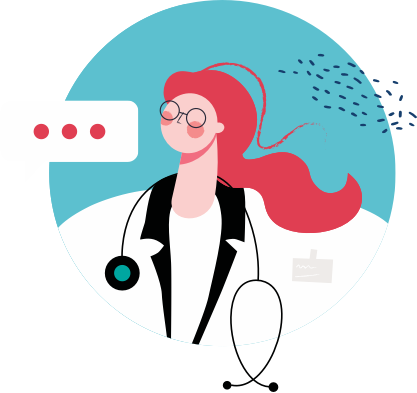
If you have any further questions, please contact us through the Patient Services telephone number: 900 301 013




